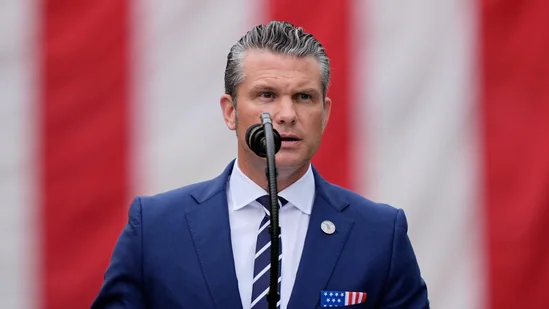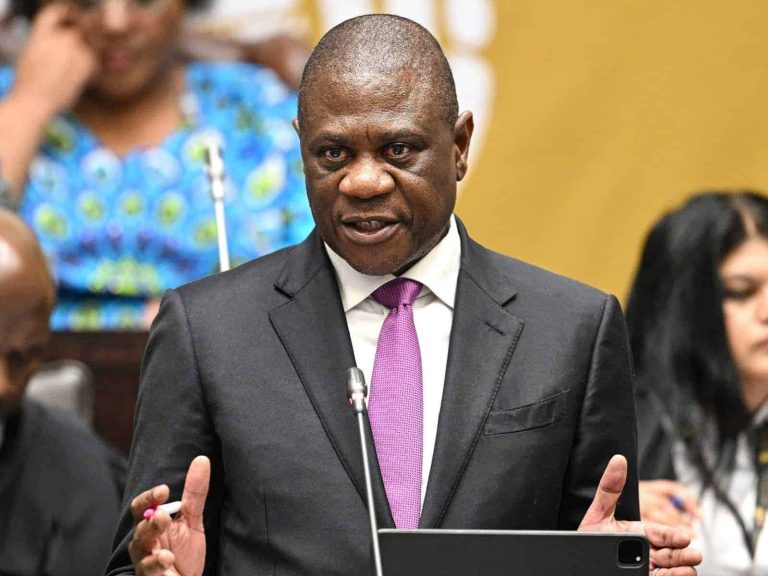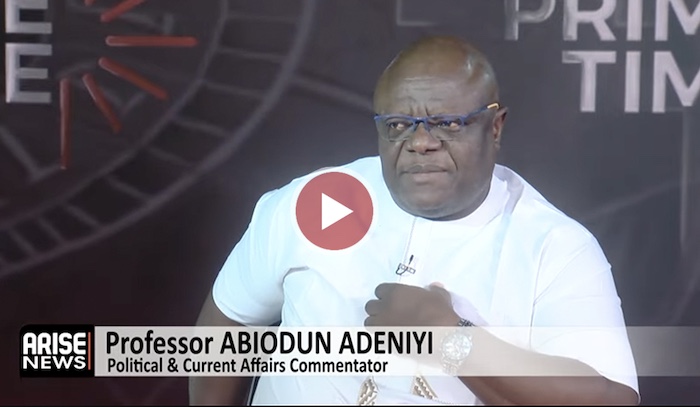
The United States has carried out another deadly strike in its widening campaign against alleged drug traffickers, killing four people aboard a vessel off the coast of Venezuela, U.S. Defence Secretary Pete Hegseth announced on Friday.
In a post on X (formerly Twitter), Hegseth said the strike took place in international waters and targeted a boat “transporting substantial quantities of narcotics bound for America to poison our people.”
“Our intelligence, without a doubt, confirmed that this vessel was trafficking narcotics, the people onboard were narco-terrorists, and they were operating on a known drug-smuggling route,” Hegseth stated.
“These strikes will continue until the attacks on the American people are over.”
The operation, carried out under the U.S. Southern Command, is the fourth such strike in a month, reflecting an escalation in Washington’s military response to drug trafficking across the Caribbean and South American waters.
President Donald Trump also confirmed the attack on his Truth Social account, claiming the vessel was carrying enough narcotics “to kill between 25,000 and 50,000 people.” However, U.S. officials have not yet provided evidence or details about the identities of those killed.
The U.S. has launched several similar strikes in recent weeks: one in early September reportedly killed 11 people aboard a suspected smuggling vessel, followed by two other attacks later in the month that left six dead.
The growing campaign has drawn international condemnation, particularly from Venezuela and Colombia, whose governments accuse Washington of violating international law.
Legal experts have also questioned the U.S. justification for using deadly force in international waters, arguing that such actions could constitute extrajudicial killings.
A leaked memo to Congress, reported by U.S. media on Thursday, revealed that the administration now considers itself engaged in a “non-international armed conflict” with drug cartels — a designation that could allow the U.S. military to invoke expanded wartime powers.
Under such a framework, U.S. forces could classify cartel members as enemy combatants, permitting lethal action or indefinite detention — powers previously reserved for operations against al-Qaeda after the 9/11 attacks.
Trump has yet to explain why his administration is framing drug trafficking as an “armed attack” against the United States, nor has he specified which cartels are being targeted.
However, he has previously designated criminal groups in Mexico, Ecuador, and Venezuela as terrorist organisations, giving U.S. authorities broader legal grounds for military engagement.
The Venezuelan government has not yet responded to Friday’s incident, though President Nicolás Maduro has repeatedly condemned previous U.S. strikes, vowing to defend the country against what he calls “foreign aggression.”
As the strikes continue, analysts warn that Washington’s shift toward treating drug cartels as military enemies rather than criminal networks could set a dangerous precedent — blurring the lines between law enforcement and warfare in international waters.



